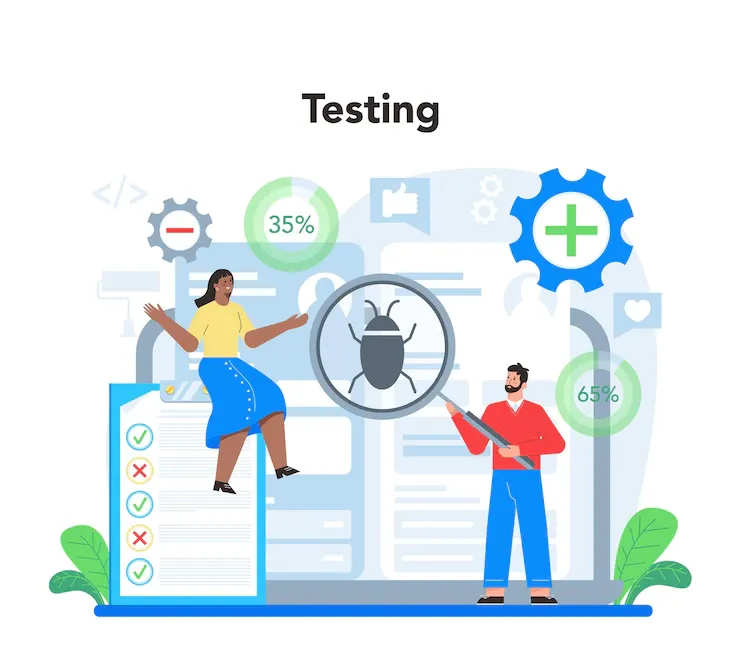Benefits of Unit Testing
Unit Testing has become one of the best software development processes! Learn more about its benefits through this guide.

Technology

October 1, 2013

Barkan Saeed

A complete software application or website is made up of extensive codes. Developing an error-free application or website isn’t practically possible. There will always be a bug somewhere or the other. Typical software has codes saved in many different files, and these are linked together to perform the desired functionality. Checking for errors after the software is complete will require validating codes in many different files which will be complex for any individual.
An automated testing suite, Unit Testing, is used to prevent the complex process. It is mainly used during software development to help reduce errors. To effectively utilize it, we should understand its benefits first.
To maximize the potential of Unit Testing, it should be used during the early stages of development to detect bugs. Whenever a part of the software is complete, Unit Testing should be run. This helps to debug early, and complete the software without any bugs. The software will be bug-free when it reaches the QA team and the customer.
The saying “The sooner the better” is perfect for Unit Testing. The earlier a bug is caught, the better it is. If the software is completed, and then checked for bugs, chances are high that fixing one bug might result in creating another bug. This is because the code might be linked to other codes, and fixing it might change the functionality of the other code.
Then more time will be wasted trying to find the new bug which will add to the project cost. If Unit Testing was run earlier, this time wouldn’t have been wasted, and the project will have been completed earlier.
Running Unit Testing early often helps to reduce bugs, but it doesn’t guarantee bug-free software. The software is developed by a human, and there’s a chance there will be a bug somewhere in the code which wasn’t tested. Software with few bugs is much better than one with many bugs for the QA team.
Unit Testing is mainly used during the nightly build. After a day’s work is complete, Unit testing is run to catch any bugs. The bugs are fixed the next day. Running the test overnight reduces cost as development work won’t need to be stopped.
Debug software can be very complex. There might be so many bugs that the software might have to be written again. Running Unit Test will enable you to do code refactoring without the need to rewrite complete software.
When you write the test first, you have a better idea of how to write the code. This will enable you to focus more on the code, and write a good design code.
When you write a code that will be tested, you define its purpose. Anyone who works on the code will know the function of the code and where it is used. This helps build a well-designed code with loose coupling and high cohesion.
When Unit Testing is used, it creates an instance of a class which is important for reusable code. For any code to be reusable, an instance of the class should be instantiated. This is already done thanks to Unit Testing which makes your code reusable.
“If it ain’t broke, don’t fix it” sums up the software industry. Many developers are afraid to change code because it can break code used somewhere else. Developers are busy writing so many codes, that it’s hard to remember which was linked where. Unit Testing will help them update code without breaking other codes.
A quick debugging approach used in the software industry is hotfixes. This is when a released product has a bug and needs a quick fix. However, this isn’t reliable as it can lead to bug creation elsewhere. Unit Testing helps you complete hotfixes without creating bugs elsewhere.
Writing test cases is time-consuming and isn’t cost-effective. The time spent on writing cases can be utilized more effectively in finding harder bugs. Unit Testing reduces QA testing time which will help them to work efficiently.
Unit Testing has many benefits for the software development process with the most important one it saves time and money. If you need help with Unit Testing, we can help. Please contact info@vizteck.com for more information.
